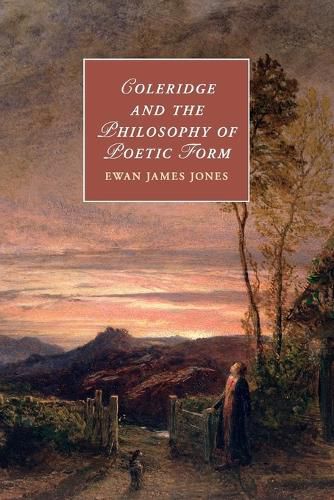Readings Newsletter
Become a Readings Member to make your shopping experience even easier.
Sign in or sign up for free!
You’re not far away from qualifying for FREE standard shipping within Australia
You’ve qualified for FREE standard shipping within Australia
The cart is loading…






Ewan James Jones argues that Coleridge engaged most significantly with philosophy not through systematic argument, but in verse. Jones carries this argument through a series of sustained close readings, both of canonical texts such as Christabel and The Rime of the Ancient Mariner, and also of less familiar verse, such as Limbo. Such work shows that the essential elements of poetic expression - a poem’s metre, rhythm, rhyme and other such formal features - enabled Coleridge to think in an original and distinctive manner, which his systematic philosophy impeded. Attentiveness to such formal features, which has for some time been overlooked in Coleridge scholarship, permits a rethinking of the relationship between eighteenth-century verse and philosophy more broadly, as it engages with issues including affect, materiality and self-identity. Coleridge’s poetic thinking, Jones argues, both consolidates and radicalises the current literary critical rediscovery of form.
$9.00 standard shipping within Australia
FREE standard shipping within Australia for orders over $100.00
Express & International shipping calculated at checkout
Ewan James Jones argues that Coleridge engaged most significantly with philosophy not through systematic argument, but in verse. Jones carries this argument through a series of sustained close readings, both of canonical texts such as Christabel and The Rime of the Ancient Mariner, and also of less familiar verse, such as Limbo. Such work shows that the essential elements of poetic expression - a poem’s metre, rhythm, rhyme and other such formal features - enabled Coleridge to think in an original and distinctive manner, which his systematic philosophy impeded. Attentiveness to such formal features, which has for some time been overlooked in Coleridge scholarship, permits a rethinking of the relationship between eighteenth-century verse and philosophy more broadly, as it engages with issues including affect, materiality and self-identity. Coleridge’s poetic thinking, Jones argues, both consolidates and radicalises the current literary critical rediscovery of form.